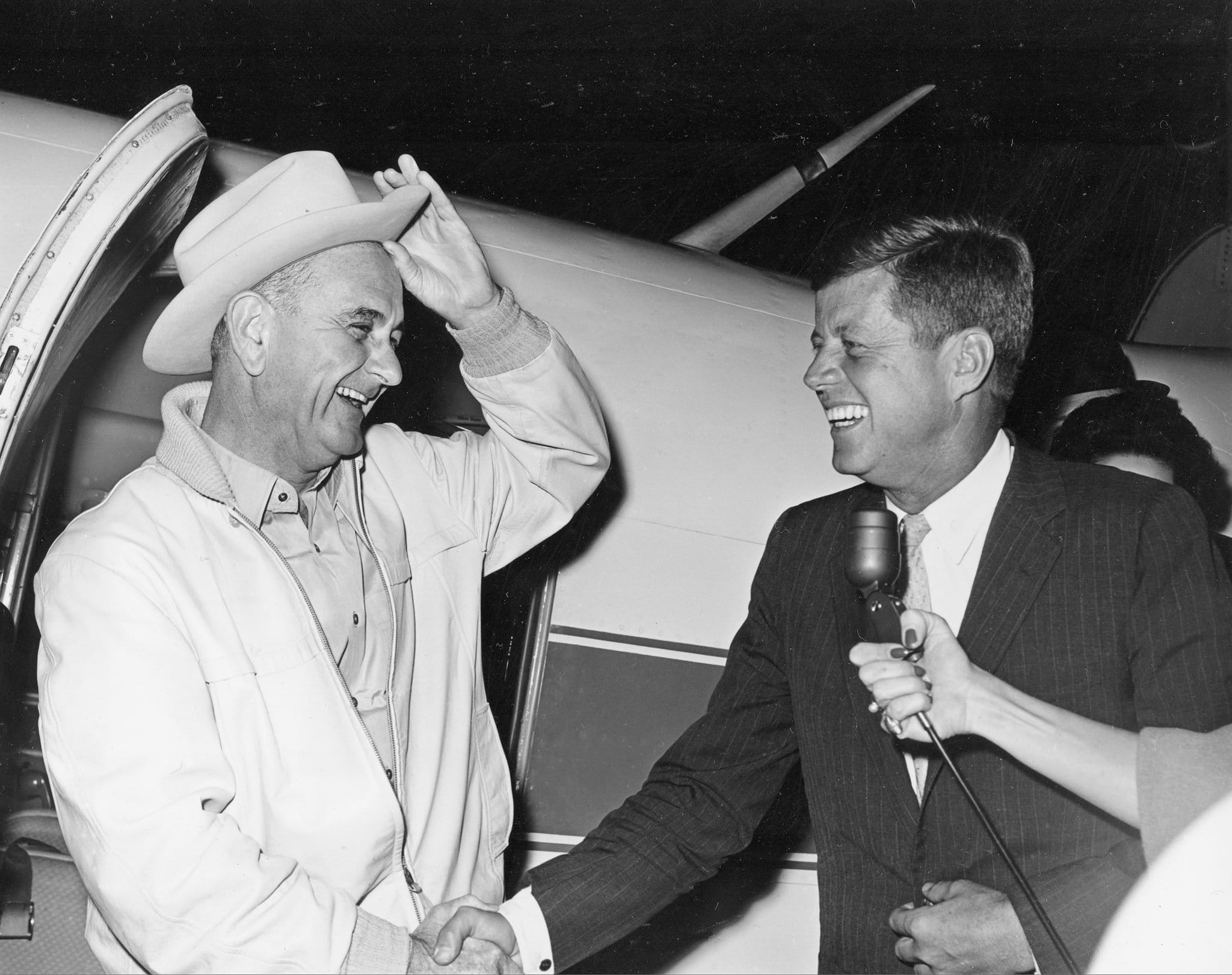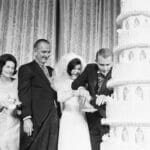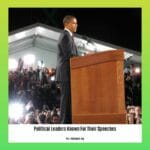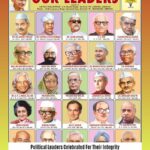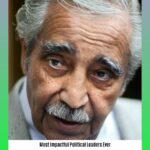Stepping into the Spotlight: LBJ’s Unexpected Ascent
On November 22, 1963, the world watched in shock and disbelief as President John F. Kennedy was assassinated in Dallas, Texas. In that moment of profound national tragedy, Vice President Lyndon B. Johnson was immediately thrust into the presidency, tasked with steering a grieving nation through a period of immense uncertainty.
This wasn’t just a transition of power; it was a seismic shift in American history. Johnson, a seasoned politician with deep Texas roots, suddenly found himself at the helm, facing the daunting task of uniting a fractured country while simultaneously carrying the mantle of Kennedy’s legacy. The weight of the world, it seemed, rested upon his shoulders.
But LBJ, as he was often called, was no stranger to the halls of power. His journey from the Texas Hill Country to the Oval Office was one marked by ambition, political savvy, and an unwavering belief in his ability to lead. Before becoming Kennedy’s running mate in the 1960 election, Johnson had established himself as a formidable force in the Senate, culminating in his role as Senate Majority Leader. His reputation as a shrewd negotiator and a master of legislative maneuvering preceded him, skills that would prove both invaluable and controversial during his own presidency.
Building the “Great Society”: A Legacy of Social Reform
Emerging from the shadow of tragedy, Johnson wasted no time in setting forth his own ambitious agenda for America. Fueled by a deeply held belief in social justice and a desire to create a more equitable society, he launched what would become known as the “Great Society” – a sweeping set of programs designed to combat poverty, reduce racial inequality, and expand access to education and healthcare.
Central to Johnson’s vision was the passage of landmark civil rights legislation, a goal he pursued with unwavering determination. The Civil Rights Act of 1964, a historic achievement decades in the making, outlawed discrimination based on race, color, religion, sex, or national origin. This was followed by the Voting Rights Act of 1965, which aimed to remove the systemic barriers that prevented African Americans from exercising their right to vote.
Johnson’s commitment to social reform extended beyond civil rights, encompassing a broad range of initiatives aimed at improving the lives of all Americans. He signed Medicare and Medicaid into law in 1965, establishing federal health insurance programs for the elderly and low-income citizens – programs that continue to provide essential healthcare to millions today.
However, Johnson’s presidency, much like the man himself, was marked by a complex interplay of triumphs and tribulations. While his domestic achievements left an undeniable and profoundly positive mark on American society, his legacy remains inextricably linked to the escalating conflict in Vietnam, a decision that would ultimately divide the nation and cast a long shadow over his time in office.
The Vietnam Quagmire: A Presidency Divided
The Vietnam War, a conflict that had been simmering for years, escalated dramatically under Johnson’s leadership, becoming a defining and ultimately tragic chapter of his presidency. While some historians argue that Johnson felt compelled to uphold America’s commitments in Southeast Asia, others suggest that his decisions were driven by a Cold War mindset and a fear of appearing weak on the world stage.
As the war dragged on, claiming the lives of American soldiers and Vietnamese civilians alike, public opinion began to shift. Anti-war sentiment grew, fueled by a burgeoning protest movement and a sense that America was mired in an unwinnable conflict. Images of the war’s brutality flooded television screens, further deepening the divides within American society.
The Vietnam War not only took a devastating toll on the Vietnamese people and American soldiers but also eroded public trust in the Johnson administration. The President, once lauded for his domestic achievements, now faced mounting criticism and dwindling political capital. The war, it seemed, had become an unyielding force, consuming Johnson’s presidency and casting a long shadow on his legacy.
Lyndon B. Johnson: A Legacy Forged in Complexity
Lyndon B. Johnson left the presidency in 1968 a figure of immense contradiction. He was a man who championed the downtrodden, who wielded his political power to enact landmark legislation that reshaped American society, who genuinely believed in his ability to build a “Great Society.” Yet, he was also the president who escalated America’s involvement in Vietnam, a decision that cost countless lives and left an enduring scar on the nation’s psyche.
Assessing Johnson’s legacy requires grappling with this inherent complexity. He was a product of his time, shaped by the political realities of the Cold War and the deep-seated social inequalities that plagued American society. He was a man of immense ambition and contradictions, driven by a desire to be remembered as a great president, yet haunted by the consequences of his actions.
In the decades since Johnson left office, historians and political scientists have continued to debate his presidency, attempting to reconcile his domestic triumphs with the tragedy of Vietnam. Some argue that his “Great Society” programs, despite their flaws, represented a high point in American liberalism, a time when the federal government took an active role in promoting social justice. Others contend that the Vietnam War overshadowed these achievements, irrevocably tarnishing his legacy.
Ultimately, Lyndon B. Johnson’s presidency stands as a poignant reminder of the complexities of power, the weight of leadership, and the enduring consequences of political choices. His story is a cautionary tale, highlighting the challenges of balancing idealism with pragmatism, and the ever-present tension between ambition and the limits of what even the most skilled politician can achieve.
Did you know how is rfk crazier than the other candidates reddit, Come take a look at this crazy reddit thread about rfk.
